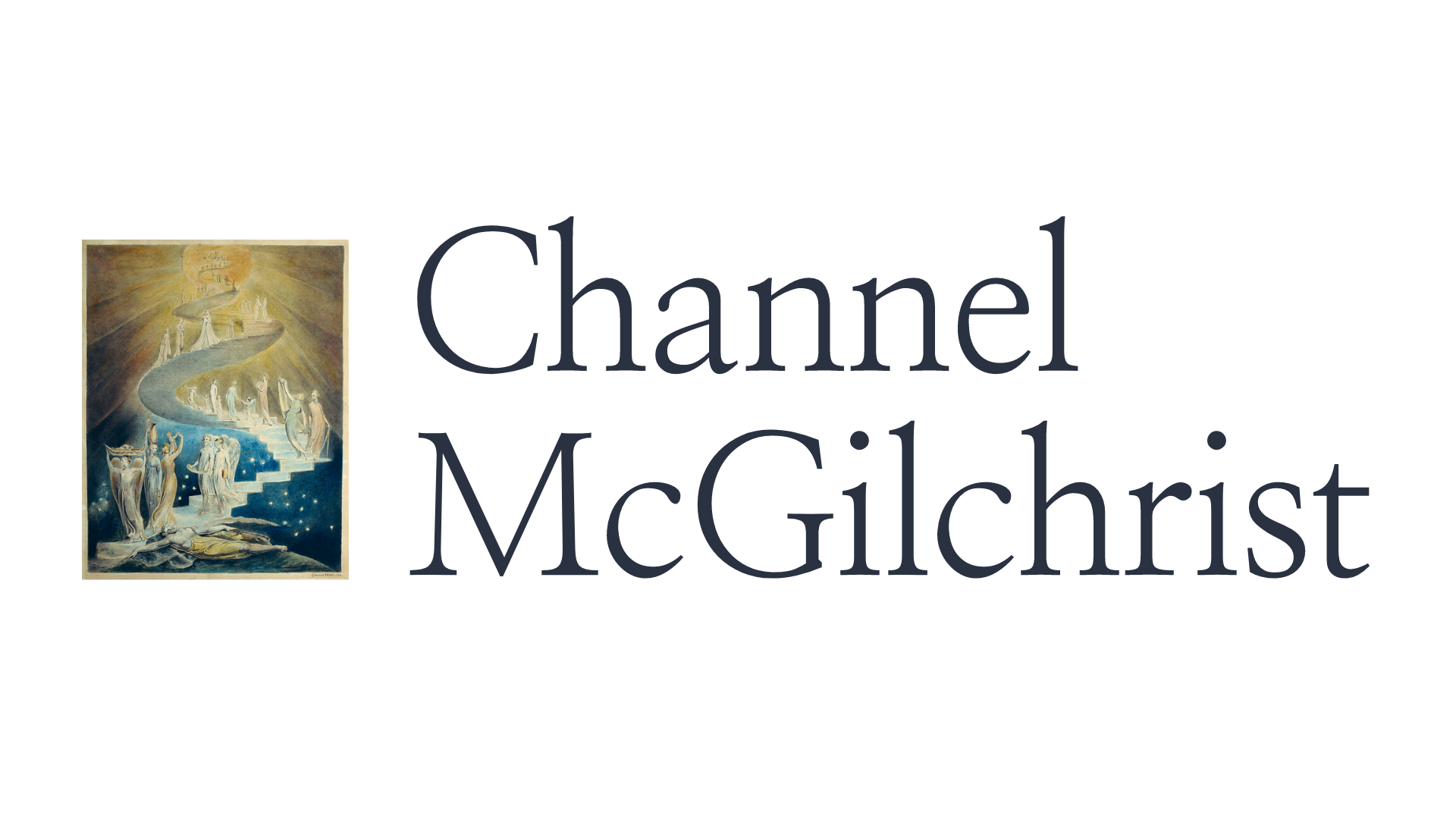
General Forum
Public Group
Public Group
Active 5 days ago
This group is for general conversations.
Public Group
Organizer:
- Organised by
- No Organizers
Reply To: Daniel Dennet's claim that consciousness is an illusion
-
Hi,
I thought of something much simpler.
“Science” as a discipline separate from philosophy didn’t even come into existence prior to the 1830s or so.
Yet the “assumption” of an orderly universe – one that continues to exist independent of human beings – was present from the start.
Materialism as an assumption underlying science didn’t come into prominence until the 1860s or so. Prior to that, it was assumed that an omnipresent Divine Reality (which is what “God” was always understood to be until in the modern age “He” was shrunk into this bigger psychopathic ego obsessed with smiting his enemies – we can have another theological discussion about the difference between popular views and mystic views of the ancients, but enough on that for now)
So for well over 2 centuries, physicists proceeded quite well without any assumption that something purely “physical” was the basis of hte universe.
As with all traditions around the world, if by “physical” you simply mean that which is substantial, hard to the senses – well of course that’s always been accepted, EVEN BY THE MOST EXTREME IDEALISTS!!! (unless someone is delusional, it’s the most obvious universe experience that we touch objects and they provide resistance).
So rather than being a requirement, for half the time modern science has been in existence, it simply never occurred to people to think that, unless they believed the world ultimately to be a dead, mechanical place ruled by non conscious ‘stuff” which noboyd has ever seen or for which there is no evidence, the philosophic belief in physicalism was not even entertained, much less required.
TWO FINAL POINTS
ONE: RELATION OF LH AND RH, or analysis and intuition
I’m going to use “analysis” in place of LH and “intuition of the whole” in place of RH. You and several others for some reason think I’m denying analysis in this. I have no idea what I’ve written that leads to this idea. In fact, ON THE BASIS of intuition, I’m making a very in-depth analysis of unexamined assumptions regarding the nature of scientific investigation and the nature of the universe, as well as the meaning of the word “physical” WHEN USED PHILOSOPHICALLY (not referring to sensory experience of tangible objects)
Taking Iain’s idea that intuition or lived experience should be the “master,” I’m doing a very detailed, in-depth analysis SECONDARY to lived experience. I think the reason you’re having difficulty with these words is you’re taking them primarily as analytic rather than as reflections on direct experience (and the awareness beyond yet containing all experience)
TWO: THE SIMPLEST WAY POSSIBLE TO GET THIS
1. What do we know, in direct experience? Forms in awareness (or, “awareness forming”
2. What is the essential procedure of scientific research? As I was taught it as a psychological researcher, it has just a few primary steps:
(a) examination of sensory experience
(b) “Operationalizing” of that experience – operationalize is a fancy word for “take measurements
(c) Drop all sensory experience and find relationships in those measurements which can be used to make predictions and control whatever aspects of sensory experience I can
No philosophy at all is needed for this.
Sir Arthur Eddington put it quite concretely. He described a test question: You have a 2 ton elephant that sides down a hill. Given a particular incline, what is the speed with which the elephant slides down the hill?
I love the elegance of Eddington’s response. He says any experienced student knows that the first thing you do is eliminate all reference to sensory experience. The “elephant” is gone and in its place, we have a series of mathematical statements representing weight, incline, speed, etc.
At the end you have measurements.
What happened in the mid to late 19th century is two things, which are reflected in your comments:
(1) these measurements led to such dizzying success in technology,it was COMPLETELY forgotten that all measurements began with experience of forms in awareness.
(2) it was ALSO forgotten that these were merely measurements, and first, the word “materialism” was coined, and about 50 years later, after quantum physics eliminated the idea that matter is a fundamental reality, AND that “energy” (which we also don’t know how to philosophically define – ‘”capacity to work” does not give any ontological insight at all) is ALSO not the fundamental reality, a new word was coined – “physicalism.”
So we start with the only thing we know as forms in awareness, or awareness forming.
And we end with the literally delusional idea that the fundamental reality of hte world is a set of measurements.
This has been compared to the famous 3 card monte trick of street hustlers. Imagine you have a little coin that stands for CONSCIOUSNESS. And you have 3 cards – the matter card, the energy card, and the physical card – and you show the mark the consciousness coin and then put it under the matter card.
Then you move the cards around real fast and ask the mark, “Ok, which card has the consciousness coin under it?”
And you know with absolute certainty, no matter what the mark says, they’ll lose, because you secretly removed the consciousness card while they weren’t looking.
This is what the materialists/physicalists/positivists/naturalists did between the 1860s and 1920s – they unconsciously removed the consciousness coin and then proclaimed, “See, no consciousness.”
It’s like looking for your glasses when they’re on your nose.
